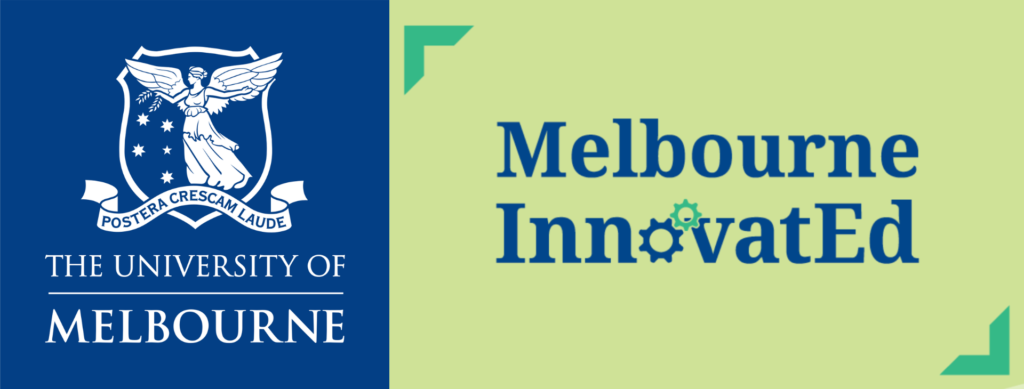I am Riddhesh, a Finance enthusiast, currently completing my CFA. This winter, I dived into the world of Venture Capital. While I have had exposure to investment landscape through by degree at the University of Sydney and an internship at an investment fund, I never really had much explore to the early-stage startup investment. Thanks to Illume Foundation, I had the opportunity to experience as an Investment Analyst at Illume Ventures, where I explored the world of VC investing. It helped me understand and apply various financial models, interpret how VC’s approach investments and some key criteria and metrics that VC’s use to evaluate the startups and investments.
I’d like to share some of the key concepts I learned through my experience.
Understanding what is Venture Capital and who are Venture Capitalists.
Venture capital, a dynamic subset of investment, that propels innovation and growth in budding startups. Venture capitalists (VCs) are the driving force behind this ecosystem, playing a pivotal role in shaping the entrepreneurial landscape.
Venture capital involves investing in early-stage companies with high growth potential in exchange for equity. These startups often lack the capital needed to transform their groundbreaking ideas into viable products or services. This is where venture capitalists step in, offering not just funds, but also strategic guidance, mentorship, and networking opportunities.
VCs are typically seasoned investors with an appetite for risk. They seek startups with disruptive ideas, scalable models, and robust market potential. In return for their investment, VCs acquire ownership stakes in these startups, aligning their success with the company’s growth.
The venture capitalist’s journey begins with meticulous due diligence. They analyse a startup’s business plan, market opportunity, technology, team, and competitive landscape. If convinced of the startup’s potential, VCs provide funding in exchange for equity. This infusion of capital enables startups to refine their products, expand their customer base, and scale operations.
However, venture capital is not a one-size-fits-all approach. It’s a high-stakes game where risk and reward go hand-in-hand. Many startups fail, but those that succeed can yield substantial returns. VCs diversify their portfolios to mitigate risks, investing in multiple startups across various industries.
In conclusion, venture capital is a dynamic investment strategy that fuels innovation and supports the growth of startups. Venture capitalists are risk-takers who provide not only capital but also mentorship and expertise. They play a critical role in nurturing early-stage companies, turning visionary ideas into reality and driving economic progress.
What I learnt during the Fellowship?
During the Fellowship Program, I had the opportunity to learn about the startup life, VC insights from guest speakers like Andrew Loh from Ecotone Partners as well as founders and assess in Due diligence for a startup raising Series A funding.
Andrew touched upon various topics like the role of VC’s, how they determine startups while making investments and some of the key metrics used by VC’s to evaluate investments, emerging trends in the VC world, his views on ESG integration into investments and how early startups can be investment ready.
Andrew and most VCs for early stage startups look at the ‘Team’ or people behind the startup. Understanding how the founders started the company, their vision can tell a lot about founders and help us in DD process. Other things included, market opportunity (TAM, SAM, SOM) which is the potential market that the startup can capture and the market available to them. It is also important to understand the future of the opportunity and the ‘potential risk’. While startups are by default risky. It is important to identify if they are existential risk or things that startups have not validated yet. As the founders shared their founding story, it was clear that startups are constantly ‘pivoting’ and they might start with one thing but land up building a very different thing as they get to understand their customers more. These were all very valuable lessons. And of course working with the company that was fundraising allowed me the dive into data room that provided further knowledge on what VCs look for into those data room. I also researched on ‘Valuation’. How do you value a startup? a SaaS? I came across lot of knowledge articles and frameworks but one thing is that there is no RIGHT or WRONG valuation. How you value your company might be different to how VCs value and as an Analyst, I had to ensure that I used industry knowledge, insights and numbers to back the valuation. I enjoyed this process a lot as it gave me opportunity to learn new framework but also apply financial theory into practice.
Why did I choose investment management as a field?
I chose investment management as my field of focus due to its blend of analytical rigour and strategic decision-making. This dynamic field allows me to merge my passion for finance with my aptitude for critical thinking.
Investment management is a captivating realm where every decision is guided by comprehensive research and analysis. The challenge of dissecting complex financial data to identify trends and opportunities is intellectually stimulating. It’s a field that demands constant learning and adaptation, ensuring that I am always at the forefront of market dynamics.
Moreover, investment management offers the chance to make a tangible impact on individuals’ financial futures and the overall economy. Crafting effective investment strategies can pave the way for financial growth, security, and the achievement of long-term goals.
The ever-evolving nature of global markets keeps me engaged and curious. The pursuit of optimal investment outcomes requires a blend of quantitative skills and the ability to navigate the intricacies of risk and reward.
In essence, investment management aligns with my thirst for knowledge, my affinity for strategic thinking, and my desire to contribute positively to individuals’ financial well-being. It’s a field that not only offers professional growth but also empowers me to play a significant role in shaping financial success stories.
How did I get a job in this field?
Securing a job in the investment management industry as a fresh graduate was a journey marked by determination, strategic planning, and relentless effort. Armed with a solid foundation in finance and a strong passion for the field, I embarked on this endeavour with a clear goal in mind. Illume Ventures gave me an opportunity to intern as an investment analyst which thoroughly helped in getting a job. The hands on experience at financial modelling and report generation played a vital role in showcasing my skills to the recruiters.
I leveraged internships during my academic years to gain practical exposure and build a network within the industry. The experience with Illume as an Investment Analyst not only provided hands-on experience but also showcased my commitment to learning and contributing effectively.
Networking played a pivotal role. Attending industry seminars, workshops, and career fairs exposed me to professionals in the field. Engaging in insightful conversations and seeking advice from seasoned individuals helped me refine my understanding of investment management and solidify my career aspirations.
Research and preparation were crucial. I thoroughly studied the companies I aspired to work for, understanding their investment philosophies and strategies. This knowledge proved invaluable during interviews, allowing me to demonstrate my genuine interest and alignment with their goals.
Customising my resume and cover letter to highlight relevant coursework, internships, and skills was essential. I showcased my quantitative skills, analytical mindset, and proficiency with financial tools.
Interviews were opportunities to shine. I shared stories from internships that demonstrated my ability to analyse market trends, make informed investment recommendations, and work effectively in teams.
In the end, my persistence paid off. Securing a junior role in an investment management firm validated my approach.
By Riddhesh Chandwadkar (Illume Fellow 23)
Connect with me on LinkedIn




